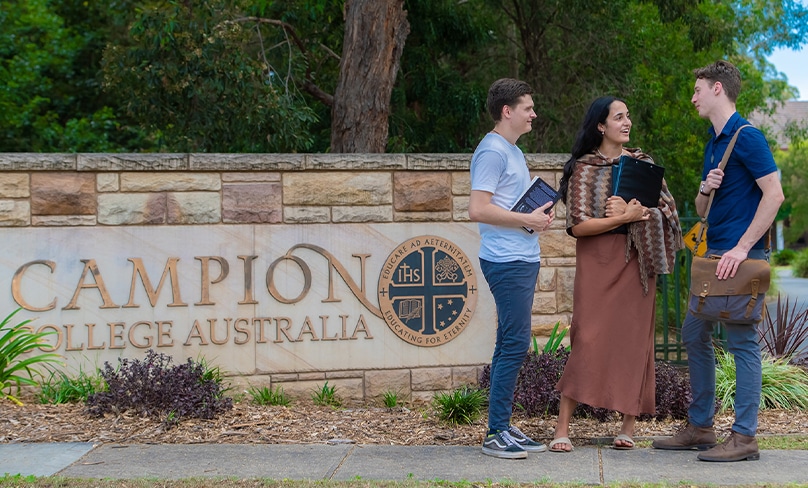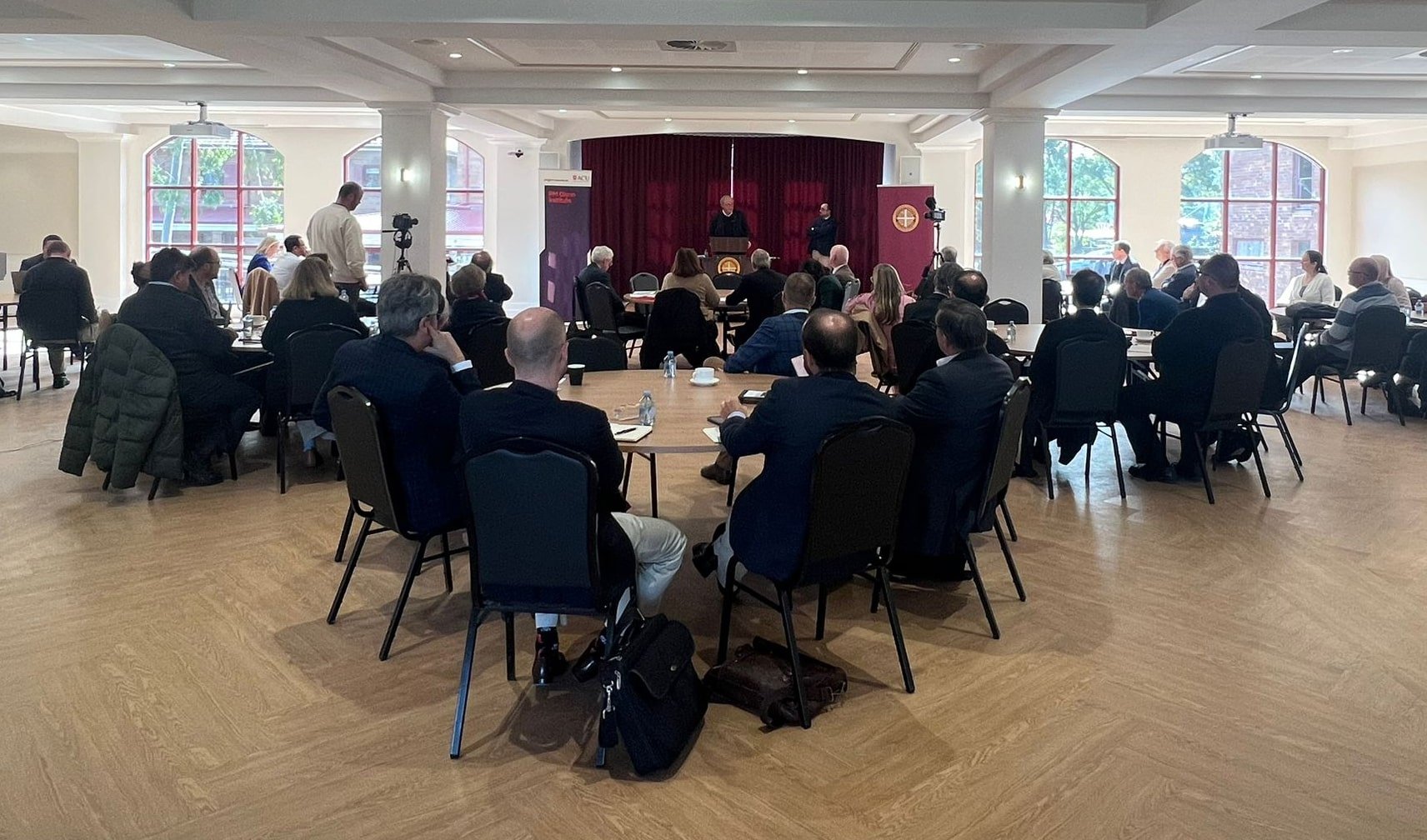
As Campion College in Sydney is one of the few tertiary institutions dedicated to the liberal/arts it should not surprise it was chosen as the location for a recent seminar dedicated to exploring the nature and importance of a classical school education.
Involving parents, teachers, academics and educationalists from across Australia, everywhere from Perth to Brisbane and Narre Warren to Toowoomba, discussion centred on the parlous state of the existing school curriculum and the need to provide a more intellectually challenging, morally grounded and spiritually uplifting education.
Speakers included Professor Tracey Rowland from the University of Notre Dame Australia, Barry Spurr, former Professor of Poetry at the University of Sydney, Monica Doumit from the Catholic Archdiocese of Sydney, as well as the historian Dr Simon Kennedy and Rabbi Shimon Cohen, who established the Institute for Judaism and Civilisation.
Also attending the seminar were those either involved in already-existing schools or facing the challenge of establishing their own schools dedicated to a classical education. Examples include Hartford College in Sydney, St John Henry College in Brisbane and Harkaway Hills College in Melbourne.
The first presentation argued existing models of school education, ranging from a student-centred approach to one focused on teaching generic skills and 21st century competencies, failed to address the more urgent need to initiate each succeeding generation into the culture in which they are born.
As argued by the American academic Christopher J Lucas, “education basically means enculturation. The culture of a society must be internalised by each generation.” Such an education does not happen intuitively or by accident and, while parents are their children’s primary educators, schools have a significant role to play.
The challenge then is to decide what type of education is the most relevant and the best able to provide students with a rigorous and beneficial school experience.
Professor Tracey Rowland, in addressing such a challenge, explores the concept of a classical education—one, she argues, with a number of defining characteristics. Instead of being utilitarian and practical, such as education is associated with “the acquisition of a table of virtues, habits and dispositions.”
Seen through a Christian perspective, Professor Rowland also suggests a classical education seeks to enrich and cultivate “the intellect, the will, the memory, the imagination and the affective dimension of the soul.”
Much like St John Henry Newman’s concept of a liberal education, the ideal of a classical education is to educate students “who have a sense of place in history, who are not prisoners of their own time and culture, but have an understanding of the philosophical and theological traditions of Western culture and its history” so they can better deal with contemporary issues.
As argued by the third speaker, Rabbi Shimon Cohen, the challenge for parents and teachers seeking a classical education is that students live in a society where there “is no cognisance of the spiritual as a factor or dimension of the human being.”

Even worse, while the road map for Australian schools, the Alice Springs Declaration, mentions the importance of spirituality, contemporary education is based on the premise “the child has no soul” and that there is no place for religion in the curriculum.
In opposition to the radical secularism that prevails in the curriculum, best illustrated by the neo-Marxist inspired Safe Schools gender fluidity program, Rabbi Cohen argues it is time to reassert the central importance of the spiritual and the transcendent that only a commitment to a higher good can provide.
Drawing on the work of Viktor Frankel, he describes this as “the awakening of the highest faculty in the human being, the soul or conscience through the practice of self-transcendence.” Rather than associating this transcendence with one religion, Rabbi Cowen suggests it draws on the Noahide laws.
Such laws provide the basis for a universal ethics teaching “the true, the beautiful and the good” that underpins the world’s great religions as well the concept of a classical education that first appeared in ancient Greece and Rome. As a result, it is relevant to people of religious faith as well as those more secularly minded.
While the morning session of the seminar explored the purpose of education and what constitutes a classical, liberal arts curriculum, the afternoon session dealt with more practical matters. Topics included the legal challenges faced by faith-based schools, presentations from those involved in establishing schools and classroom teachers detailing their experiences.
As noted by Monica Doumit, given the extreme secular nature of society where many argue religious schools cannot exercise control over enrolments, staffing and what is taught, those in charge of such schools need to be wary of possible pitfalls.
In relation to enrolment forms and employment contracts, schools need to ensure they have clear and well argued legal advice on what is acceptable and what is not according to the law—as proven by the example of Brisbane’s Citipointe Christian College, where the principal was pressured to resign.
Faith-based schools also need to be aware of how best to manage and deal with adverse publicity in case they become embroiled in controversy as a result of public campaigns to undermine their autonomy and the inherent right they have to religious freedom.
There’s no doubt the world young people are growing up in is fraught with difficulties and challenges. Evidenced by growing rates of anxiety, depression and disengagement, it is also true young people lack a sense of resilience and optimism about the future.
What a classical, liberal/arts education provides is the ability to cope with adversity, a strong sense of what constitutes right and wrong and a commitment to the common good. As argued by Roger Scruton, such an education also passes on to future generations “an intellectual and artistic patrimony,” which involves the “accumulation of art, literature and humane reflection that has stood ‘the test of time’ and established a continuing tradition of reference and allusion among educated people.”
Events like the recent classical education and schools seminar illustrate how, around Australia, parents, teachers and school leaders are starting small fires and ensuring there is hope and optimism for the future.
